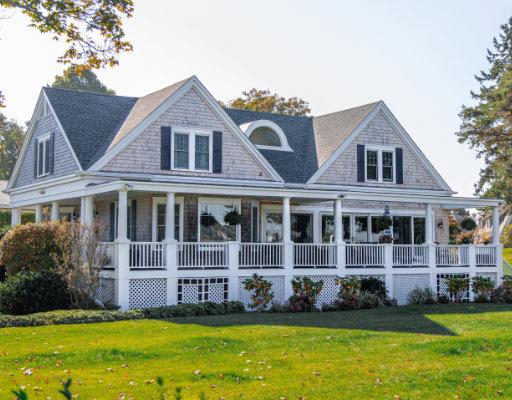The answer is – It depends. Now aren’t you glad you clicked on this blog to discover this monumental answer? Since you took the time to read this far, allow me to give you a little more detail.
As a resident, you would be wise to treat your home as you would if it were your very own. Minor repairs should be handled by the resident. What types of repairs are those? These are usually repairs that are under $50-$75; such as replacing light bulbs, replacing air conditioner filters, picking up garbage around your home, changing the battery in smoke detectors and lawn maintenance (if your lease states it). Usually the landlord will take care of major repairs that may include structural, plumbing and roofing, electrical, ceilings, windows, flooring, structural components, and any normal wear and tear issues.

Any repairs that are caused by the resident’s negligence will have to be taken care of by the resident. Several years ago we had a family with small children and they kept calling with plumbing issues. The landlord was kind enough to take care of it the first time, but when they continued to call with plumbing problems we discovered the problem. Their youngest was using the toilet bowl as a diving tank for his action figures; needless to say the resident’s had to foot the bill for the plumbing costs. They attempted to deny it, but when the plumber was able to retrieve the diving action figure, it was hard to deny the culprit.
What about pests? No one wants to live with pests, so usually pest control is the responsibility of the resident. This rule usually applies to units that are single family residences; for multi-unit properties pest control is usually the responsibility of the landlord. That’s not to say that the resident is remiss of their obligation to keep the house neat in order to avoid attracting pests. Termites on the other hand are usually the responsibility of the landlord, but it’s up to the resident to immediately notify the landlord about the presence of termites.
So when something breaks or stops working always refer to your lease to see who is responsible for repairs. No matter what is said, the fully executed lase is the last say. If the resident and landlord work together in maintaining the home, the home should be a comfortable place to live for many years to come.
Happy Renting!
Juan Restrepo
